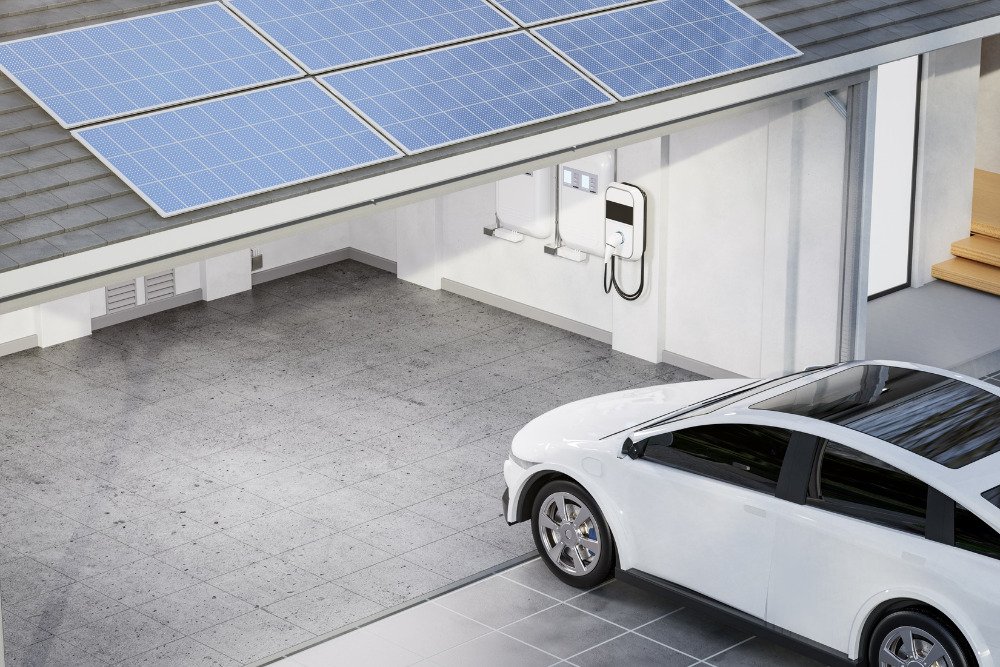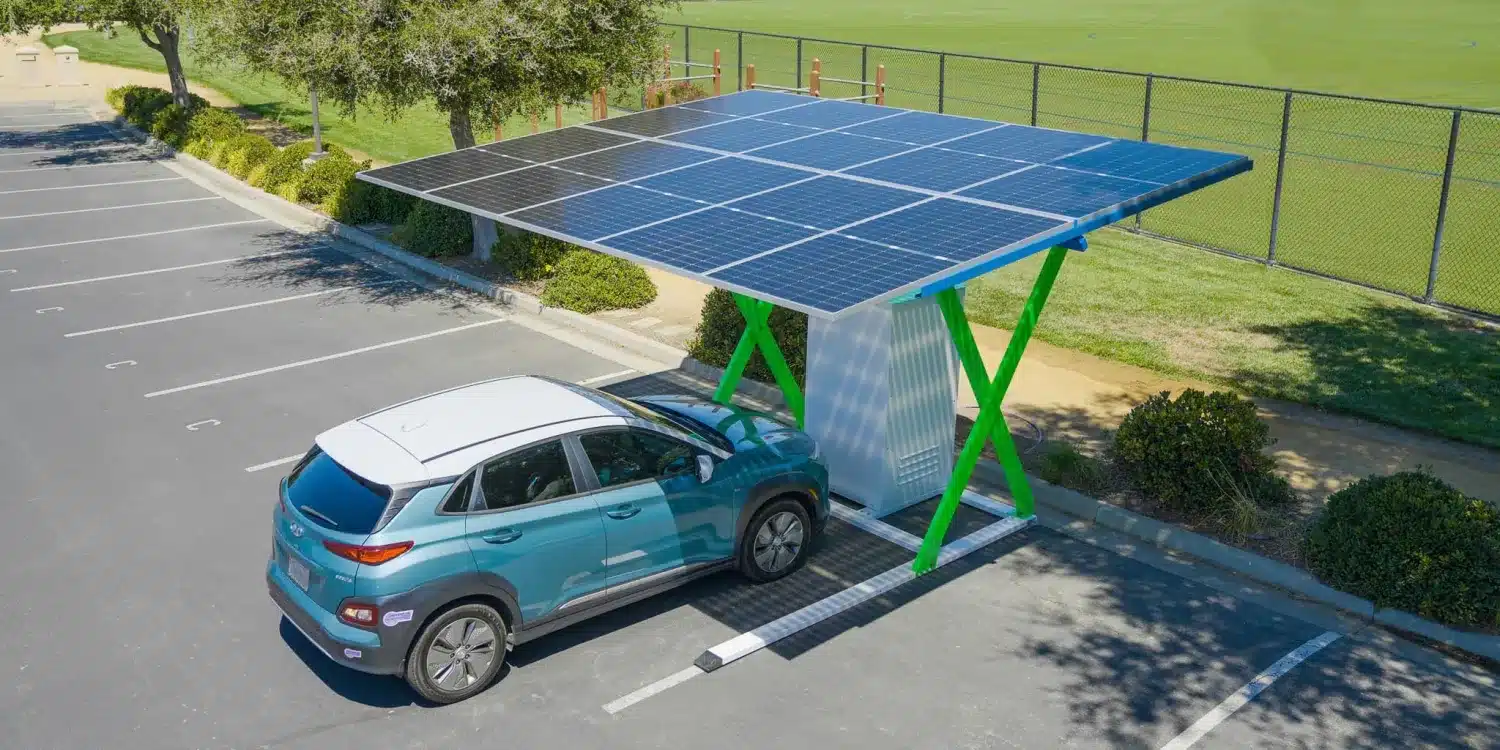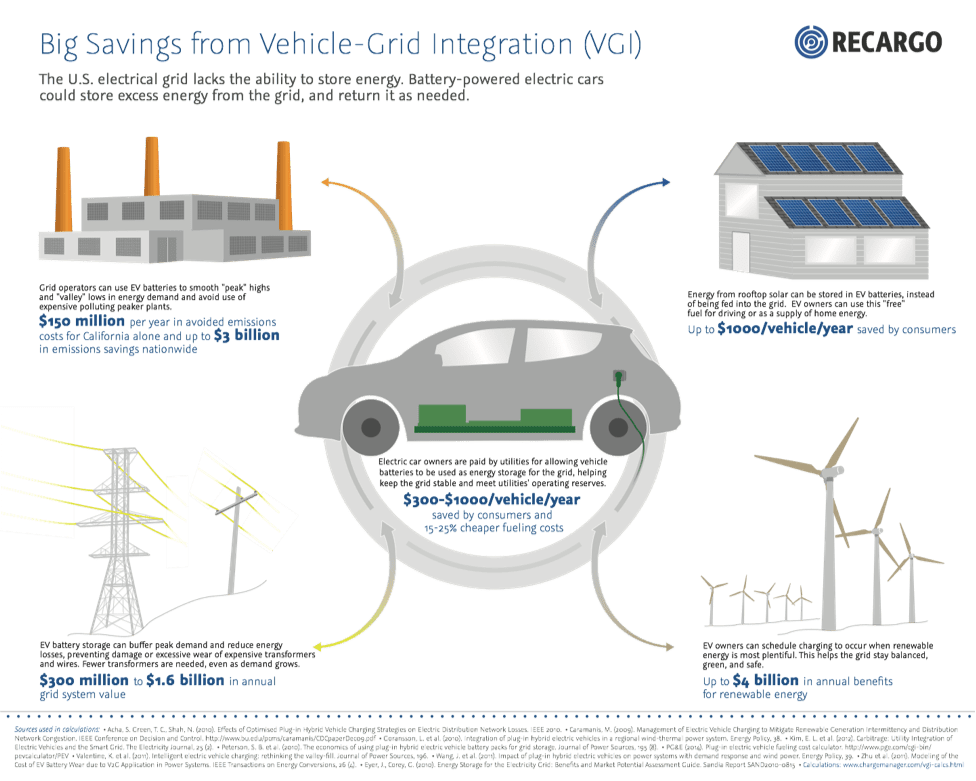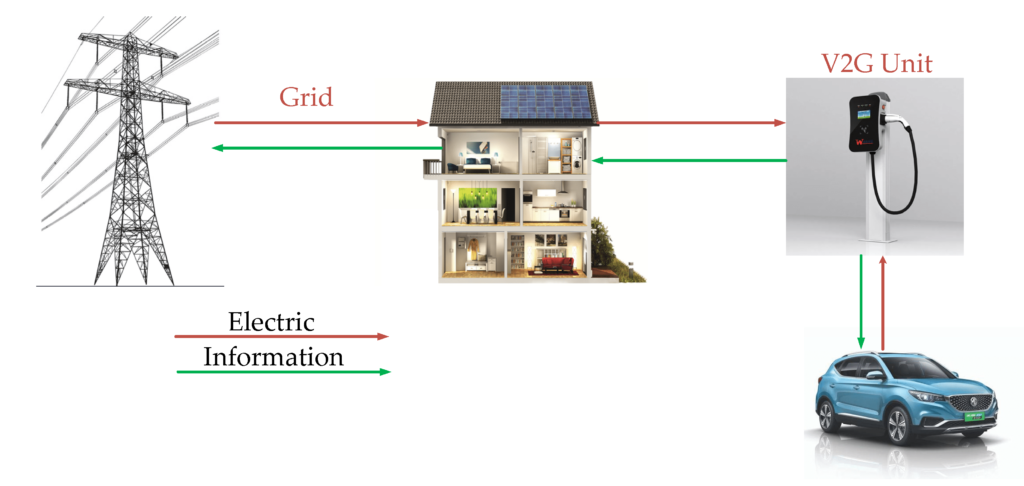Welcome to the world of electric vehicle ownership! As more and more people make the switch to electric cars, the topic of integrating renewable energy sources like solar panels into their daily lives has become increasingly popular. Many EV owners are finding ways to harness clean and sustainable energy from the sun to power their vehicles, reducing their carbon footprint and saving money in the process. In this article, we will explore different ways electric vehicle owners are incorporating solar panels into their homes and lifestyles to fuel their eco-friendly rides.
How Do Electric Vehicle Owners Integrate Renewable Energy Sources Like Solar Panels?
Have you ever wondered how electric vehicle (EV) owners are able to seamlessly integrate renewable energy sources like solar panels into their daily routine? In this article, we will explore the various ways in which EV owners can harness the power of the sun to charge their vehicles and reduce their carbon footprint. From setting up solar panels at home to utilizing solar-powered charging stations, there are numerous options available for environmentally conscious drivers. Let’s delve into the world of solar-powered electric vehicles and discover how you can join the sustainable transportation revolution.
Installing Solar Panels at Home
One of the most popular ways for electric vehicle owners to integrate renewable energy into their charging routine is by installing solar panels at home. By generating clean energy from sunlight, homeowners can charge their EVs directly from their solar power system, reducing their reliance on the grid and lowering their electricity bills. Additionally, solar panels can provide a reliable and sustainable source of power for both your home and your electric vehicle.
How Does Solar Power Work for Electric Vehicles?
Solar power for electric vehicles operates in a straightforward manner – solar panels convert sunlight into electricity through the photovoltaic effect. This electricity can then either be used to power your home, stored in a battery for later use, or directly charge your EV. When sunlight hits the solar panels, the photons in the sunlight dislodge electrons in the panel, creating an electric current that can power various appliances, including electric vehicles. By harnessing the power of the sun, electric vehicle owners can significantly reduce their carbon footprint and fossil fuel usage.

This image is property of www.mdpi.com.
Benefits of Installing Solar Panels for EV Charging
Installing solar panels for EV charging offers numerous benefits for electric vehicle owners. Not only does it allow you to charge your EV using clean, renewable energy, but it also helps lower your electricity bills in the long run. Additionally, by generating your electricity on-site, you are less reliant on the grid and are better prepared for power outages. Overall, installing solar panels at home provides a cost-effective and environmentally friendly way to charge your electric vehicle.
Considerations for Installing Solar Panels for EV Charging
Before investing in solar panels for EV charging, there are a few considerations to keep in mind. It is essential to assess your home’s location, orientation, and shading to determine the optimal placement for solar panels. Additionally, you should evaluate your energy consumption patterns and the size of the solar power system needed to meet your charging needs. By conducting a thorough evaluation and working with a reputable solar installer, you can ensure that your solar panel system is tailored to your specific requirements.

This image is property of sistinesolar.com.
Choosing the Right Solar Panels for EV Charging
When selecting solar panels for EV charging, it is crucial to choose high-quality panels that are both efficient and durable. Monocrystalline solar panels are known for their high efficiency and sleek appearance, making them a popular choice for residential solar installations. Additionally, polycrystalline solar panels offer a cost-effective option for homeowners looking to install solar panels on a budget. By selecting the right solar panels for your EV charging needs, you can maximize the energy output of your solar power system and achieve optimal charging performance for your electric vehicle.
How to Optimize Solar Power for EV Charging
To optimize solar power for EV charging, consider implementing the following strategies:
-
Charge Your EV During Peak Solar Generation Hours: To maximize the solar energy available for charging your electric vehicle, schedule your charging sessions during peak solar generation hours when your solar panels are producing the most electricity.
-
Utilize Smart Charging Technology: Invest in smart charging solutions that allow you to monitor and control your EV charging remotely. By leveraging smart charging technology, you can take advantage of surplus solar energy and charge your electric vehicle when energy production is at its peak.
-
Implement Energy Storage Solutions: Enhance the efficiency of your solar power system by integrating energy storage solutions such as batteries. By storing excess solar energy during the day, you can use it to charge your EV at night or during periods of low sunlight intensity, ensuring a continuous power supply for your electric vehicle.

This image is property of www.sungoldsolar.com.
Solar-Powered EV Charging Stations
In addition to installing solar panels at home, electric vehicle owners can take advantage of solar-powered EV charging stations to charge their vehicles on the go. Solar-powered charging stations are equipped with solar panels that generate electricity from sunlight, enabling drivers to charge their EVs using clean, renewable energy. These charging stations are especially beneficial for drivers who do not have access to home charging options or live in multi-unit dwellings where installing solar panels may not be feasible.
Benefits of Solar-Powered EV Charging Stations
Solar-powered EV charging stations offer several advantages for electric vehicle owners, including:
- Environmentally Friendly Charging: By utilizing solar energy to charge your EV, you can reduce your carbon footprint and support sustainable transportation practices.
- Cost Savings: Solar-powered charging stations eliminate the need for grid electricity, resulting in lower charging costs for EV owners.
- Energy Independence: Solar-powered EV charging stations provide a reliable and independent energy source for electric vehicle charging, reducing dependence on traditional fossil fuels.

This image is property of cdn2.hubspot.net.
Types of Solar-Powered EV Charging Stations
There are two main types of solar-powered EV charging stations: off-grid and grid-tied systems. Off-grid systems operate independently of the utility grid and store excess solar energy in batteries for use during periods of low sunlight. Grid-tied systems, on the other hand, are connected to the utility grid and supplement solar energy with grid electricity when needed. Both types of solar-powered charging stations offer sustainable charging solutions for electric vehicle owners and contribute to the adoption of clean energy in the transportation sector.
Public Solar-Powered EV Charging Networks
Public solar-powered EV charging networks are becoming increasingly popular, providing drivers with access to renewable energy charging options while on the road. These charging networks often utilize solar canopies or solar panels integrated into the charging infrastructure to generate clean electricity for EVs. By expanding the availability of solar-powered EV charging stations in public spaces, electric vehicle adoption is further incentivized, leading to a more sustainable transportation ecosystem.

This image is property of www.mdpi.com.
How to Find Solar-Powered EV Charging Stations
To locate solar-powered EV charging stations in your area, consider using mobile apps and online platforms that provide real-time information on charging station locations, availability, and charging rates. Some popular EV charging networks that offer solar-powered charging options include:
- ChargePoint: ChargePoint’s network of EV charging stations includes solar-powered options at various locations, making it easy for EV owners to charge their vehicles with renewable energy.
- Tesla Supercharger Network: Tesla’s Supercharger network features solar-powered stations equipped with solar canopies to provide clean energy charging for Tesla vehicles.
- EVgo: EVgo offers solar-powered EV charging solutions across the United States, enabling electric vehicle owners to charge their vehicles sustainably.
By utilizing these resources and actively seeking out solar-powered EV charging stations, you can support the growth of renewable energy infrastructure and reduce your environmental impact as an EV owner.
The Future of Solar-Powered Electric Vehicles
As the transition to sustainable transportation accelerates, the integration of renewable energy sources like solar panels into electric vehicle charging systems will play a crucial role in shaping the future of transportation. Solar-powered electric vehicles not only reduce greenhouse gas emissions and reliance on fossil fuels but also support the expansion of renewable energy adoption. By harnessing the power of the sun to charge electric vehicles, drivers can contribute to a cleaner and more sustainable environment for future generations.
In conclusion, electric vehicle owners have a wide array of options available when it comes to integrating renewable energy sources like solar panels into their charging routine. From installing solar panels at home to utilizing solar-powered EV charging stations, there are numerous opportunities to embrace clean energy and reduce carbon emissions while driving an electric vehicle. By leveraging solar power for EV charging, you can enhance the sustainability of your transportation practices and make a positive impact on the environment. Join the movement towards solar-powered electric vehicles and drive towards a greener future today!
